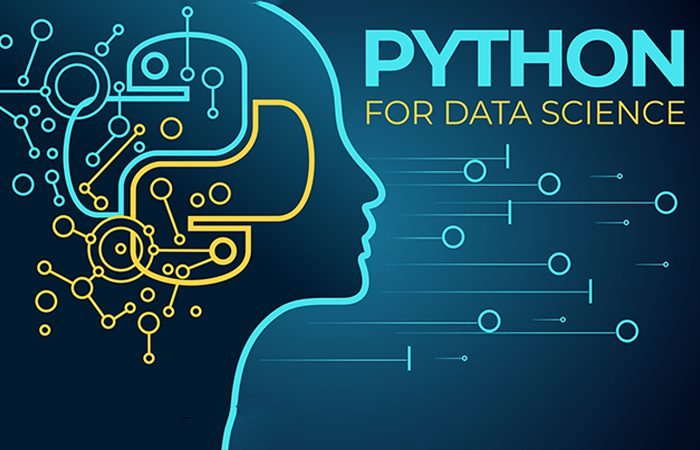Top 6 machine learning questions you must learn before going for a data science interview
Data science is a course that analyzes data and extracts particular meaning. In contrast, machine learning is a field that completely understands and builds methods that utilize data to inform predictions. Machine learning is a sub-unit of artificial intelligence. Machine learning studies development.
The importance of Machine learning and artificial intelligence is increasing with each passing day. Multiple candidates excel at projects but often fail to pass the interview. The main issue arises when the candidate has prepared for the tough questions but fails to answer the basic concepts of the Data Science Course. Some basic yet essential questions have been mentioned to solve candidates’ issues.
1- What is Cross-validation in simple terms?
Cross-validation is a method used to evaluate a model’s performance on a new and independent dataset. The most basic form of cross-validation is when data is separated into training and testing groups. This is done using the training groups to create the model and testing groups to test the data. A resampling technique called cross-validation is used to assess machine learning models on a small data sample. The process contains a single parameter, k, that designates how many groups should be created from a given data sample. As a result, the process is frequently referred to as k-fold cross-validation.
2- Why is Naive Bayes not helpful? How would you improve a spam detection algorithm that utilizes naive Bayes?
Naive Bayes holds a strong assumption that the features are assumed to be uncorrelated with one another, but this is not the reality. To improve the algorithm that deals with Naïve Bayes, the data is to decorrelate the features to make the assumption correct. The Data Science course provides a brief overview of the latest topics.
3- What is the concept of Decision Trees?
Decision trees are mainly used in operations research, strategic planning, and machine learning. Each of the squares is referred to as a node. Here multiple nodes are used to make the decision trees accurate and descriptive. Decision trees are capable of producing clear rules. Without requiring much computing, decision trees conduct classification. Both continuous and categorical variables are capable of being handled by decision trees.
4-: What’s the trade-off between Bias and Variance?
Answer: Bias occurs when the data is overly redone or least considered. This results in the underfitting of data and makes it hard to predict accurately.
A variance occurs when the error occurs due to too much complexity in the learning algorithm. The result is when the algorithm faces high sensitivity due to a high degree of variation in the training data. Here, the candidate needs to emphasize the variance model and its functioning.
5: What’s your favorite algorithm, and why?
IIT data science and machine learning certification course enable candidates to try all algorithms and excel in their careers. This open-ended question would analyze the candidates’ suitability for the job position. Moreover, this question would assess the candidate’s interest, technological awareness, and detailed attention to data science. The candidate must ensure that basic algorithms are chosen to explain. This would enable the candidate to focus on the description of the algorithm and include creative concepts. The candidate must answer the question carefully as the interviewer might dig deep into the idea and ask for the latest improvements.
6- Tell us your recent project which you completed or are currently working on.
The interview panel doesn’t always focus on technical concepts. Additionally, they evaluate the candidate’s ability to communicate and think creatively. This inquiry gives an accurate picture of the applicant and their current knowledge. Though this question might sound simple, however, this question covers the teamwork and creativity of the candidate.
The way the candidate explains the recent project and technical aspects. It’s crucial to remember that the interviewer will be satisfied if the candidate discusses recent developments in data science. The products which would be made in the future and its benefit should also be addressed. This would increase the morale of the candidate.
IIT data science and machine learning certification course would be of great help to help the candidate achieve success in their career. The candidate must know algorithms, data structures, and architecture to become an expert in machine learning. The Data Science course would also enable the candidate to understand software engineering and system design. You can visit the website to learn more about the IIT data science and machine learning certification course. Here is the link to our program webpage. You can also contact our chat support for more queries. You can also visit our Mumbai, Thane, Pune, Chennai, Bengaluru, Delhi, Gurgaon, or Ahmedabad centers.





